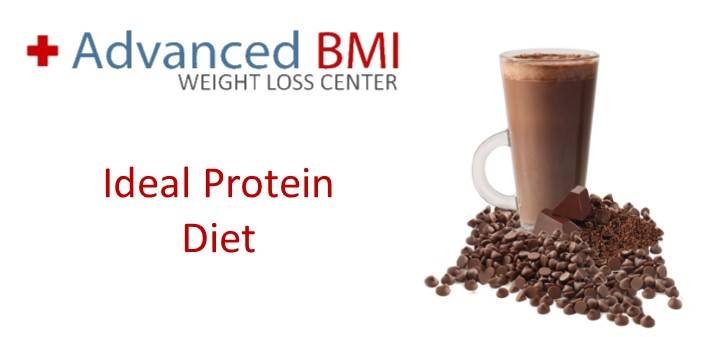The Ideal Protein Diet was developed about 2 decades ago by Dr. Tran Tien Chanh, and brought to Lebanon in 2010. It was designed to assist people to shed extra kilograms without losing muscle mass. The diet which consists of high-protein and low-carb foods is different from other low-carb diets since it emphasizes on not just eating high-protein foods but eating the right protein. The diet functions by limiting your sugar intake severely until you attain your desired weight. This ensures that your carbohydrate reserves are completely used up. As a result, the body seeks out your fat reserves which results in weight loss.
How does the Ideal Protein Diet work?
To lose weight a dieter goes through four phases, these are:
Phase 1
During the first phase of the program, you are supposed to eat an Ideal Protein Breakfast and an Ideal Protein Lunch with 2 cups of specific vegetables. During dinner, you should incorporate an 8-ounce portion of real protein such as beef, pork, eggs or fish alongside 2 cups of selected vegetables such as spinach or kale. You should also include vitamin supplements. The above regimen should be followed until you attain your ideal weight.
Phase 2 (2 weeks)
You have a similar regimen just like in Phase 1; however, you eat your own lunch rather than products from the company. The lunch should consist of real protein and 2 cups of selected vegetables. Dinner should be similar to lunch.
Phase 3 (3 weeks)
Lunch and dinner remains the same just like in Phase 2, however, breakfast should consist of fruits with no more than 20 grams of carbohydrates. Grains should have less than 30 grams of carbs and dairy products should have less than 120 calories. Generally, your breakfast should have 400-500 calories. Phase 3 is aimed at increasing your calorie intake to maintenance levels.
Phase 4
This phase is meant to last for the rest of your life. The phase instructs you how to balance carbs and proteins as well as fats in your diet to ensure your previous weight do not creep back.
According to Ideal Protein Diet experts, if you want to maintain your desired weight, you should avoid foods such as corn, avocado, pumpkins, squash, potatoes and yams.
Expectations
Since you will change your eating habits during the dieting period, you are likely to experience symptoms that go along with hunger pangs such as fatigue, nausea, headaches and constipation. By the end of the first week, most dieters lose 2-3 kg, which is mostly water weight. Seeing such results, usually motivate dieters to keep on with the process, which ushers you into the next phase where you lose fat. Apart from assisting people, lose weight and keep it at bay, the diet is known to help people reduce their cholesterol levels and blood pressure.
Exercise
To prevent muscle loss, exercise is not recommended during the first 3 weeks of the program. After 3 weeks, you can engage in exercise but ensure that you are well hydrated.
What makes the Ideal Protein diet so popular and effective?
According to Melissa Martin, a registered dietitian and nutrition services manager at Woman’s Center for Wellness, the program revolves around losing weight and keeping it off. The diet works differently with each person, however it is consistent in preventing the plateau phase where most people using other weight loss programs are unable to lose weight in spite of sticking religiously to such programs.
The main reason the program works effectively is that the body goes into a state known as ketosis. Normally, the body burns carb for fuel, but when deprived of carbohydrates, the body goes into ketosis and begins to consume fat reserves for fuel.
The core principle of the Ideal Protein Diet is based on targeting body fat while preserving muscle mass. So how is the body encouraged to burn its fat reserves without interfering with muscle mass? The answer is found in the high quality protein that is central to the diet. The quality of the protein used in the diet impacts positively on protein absorption. When protein absorption is low, the body is highly likely to burn muscle mass along the fat. By compelling the body to consume its fat reserves to burn calories while providing it with high quality protein, weight loss is achieved without interfering with muscle mass.









